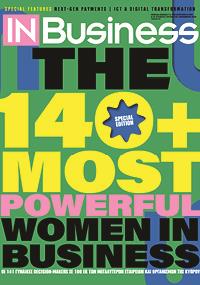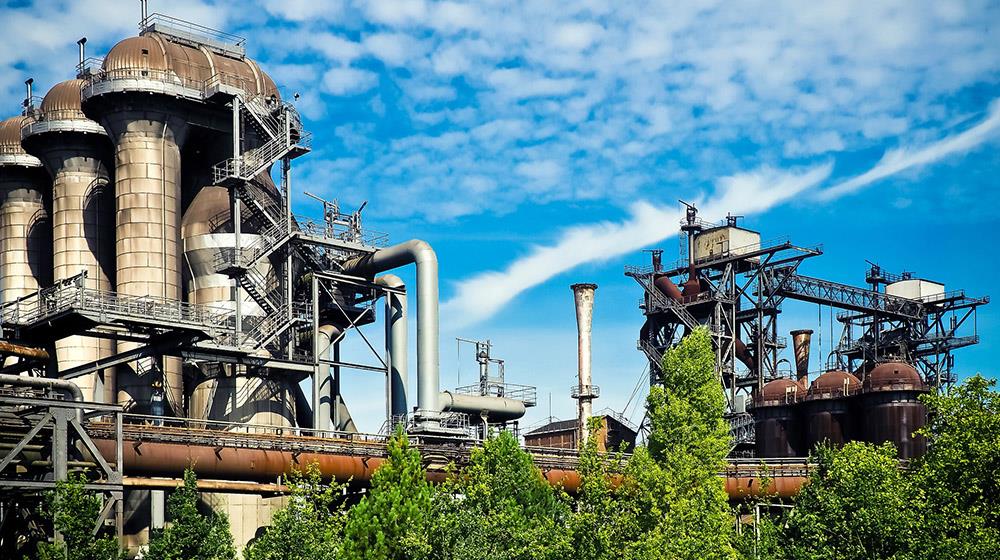Raw materials start all industrial value chains. The EU itself was born from the European Coal and Steel Community. More recently however, it has lost sight of this fundamental truth and has sleepwalked into ever-heavier import dependence for many CRMs.
That dependency is itself concentrated in a small number of third countries, with most European producers importing Rare Earth Elements and Magnesium from China, Cobalt from the Democratic Republic of Congo, Boron from Turkey, and so forth.
The EU, however, has learned painful lessons from previous instances of overdependence, most recently because of the Ukraine war. It is time to find a cure to this variant of the Stockholm Syndrome and understand that Europe’s hallowed downstream industries will fail without urgent and dedicated support for their forgotten upstream cousins.
As the whole world moves towards renewable energy and ever-deeper digitalisation, demand for many CRMs will continue to soar to unprecedented levels. While technology is lagging behind in innovation in terms of substitution, energy efficiency, and recycling, this will improve. It is hardly surprising then that the United States and other countries have deployed massive financial resources in support of policies to secure their own needs for CRMs.
The EU on the other hand, had been very slow to respond and is now facing serious challenges to its competitiveness and prosperity. For the first time, European industry is becoming vocal, alarmed by the risk of long-term supply disruptions while Europe’s own extraction, processing, and recycling companies require huge investment to address that. As such, decades of political neglect must now be undone.
Questions of public acceptance have certainly delayed the development of too many projects, as there has not been sufficient political will to reshape public opinion. Levering our strengths in technology and innovation can help achieve that, but this must be part of a whole set of coherent policies.
The European Green Deal seeks to deliver that by defining European policy towards our increased need for CRMs. The deal is an encompassing set of policy initiatives by the European Commission, aimed at making Europe climate neutral.
In September 2022, European Commission President Ursula von der Leyen announced the European Critical Raw Materials Act (CRMA). This is intended to alleviate Europe’s dependencies and secure sustainable access to the necessary raw materials to facilitate the bloc’s ambition of becoming the first climate neutral continent.
Among the aims of the Act, which is scheduled for publication imminently, is an imperative of identifying strategic projects along the supply chain, from extraction to refining, from processing to recycling, and building strategic reserves where supply is at greatest risk.
The CRMA will define which CRMs are most strategic for Europe’s twin transition and defence needs, based on economic importance, supply concentration, strategic applications and forecasted supply gaps. It will also define the materials vital to Green Deal-related technologies and decide on Strategic Projects that member states will likely be obliged to give priority to, which will be funded through private and public resources.
Alongside, a new industrial strategy aims to increase energy efficiency throughout the EU and strengthen the implementation of key value chains for the future of European industry. But make no mistake, all this still requires vast quantities of mined raw materials.
The EU Principles for Sustainable Raw Materials, developed by the Commission, EU countries and stakeholders, including Euromines, serve to create a common European understanding of best practices in the processing and mining (from exploration to post-closure) of mineral raw materials in Europe in terms of social, environmental, and economic performance, and to define a trajectory towards the UN Sustainable Development Goals (SDGs). In fact, the achievement of many SDGs depends very much on minerals activities and applications.
Raw material value chains, like geology, rarely conform to national boundaries. Markets are often complex, and failures have demonstrated their potential for devastating effects on numerous occasions. Accordingly, the CRMA is perhaps the best example of why an EU-wide policy approach of collective action is essential in ensuring that Europe is not left behind in the global race to source, deploy, and benefit from CRMs.
(Source: rawmathub.gr)
Mark Rachovides, Chairman, Venus Minerals and President Emeritus, Euromines









